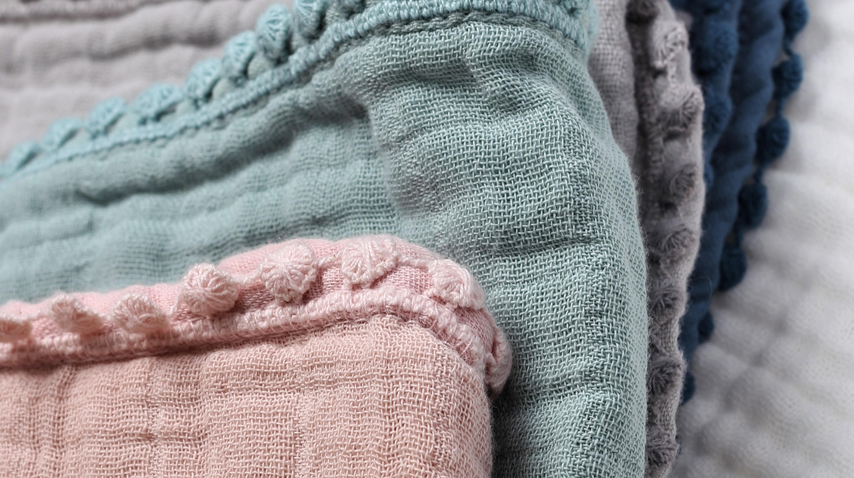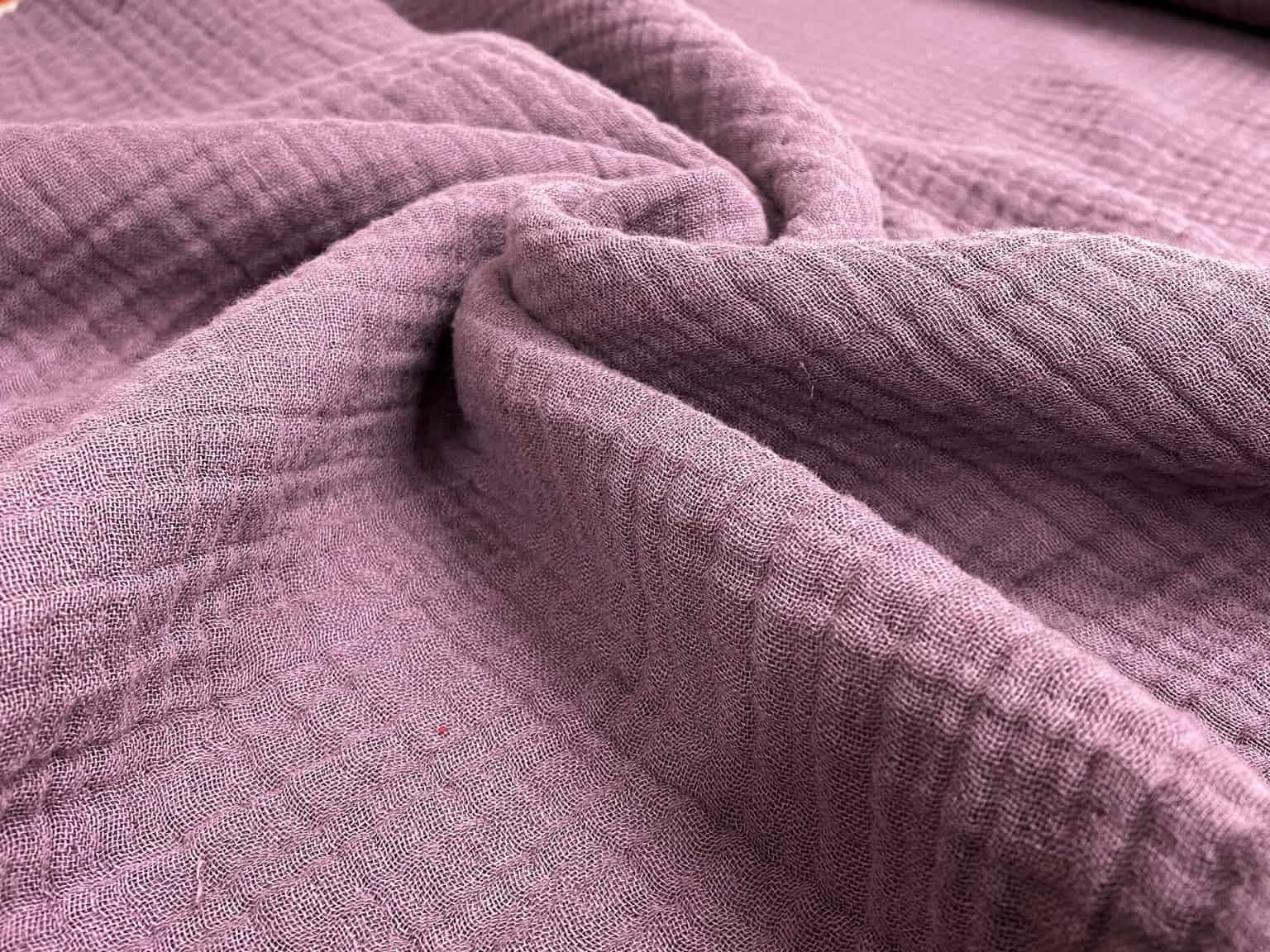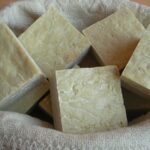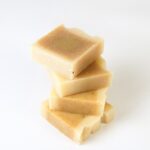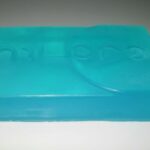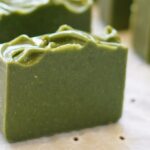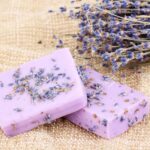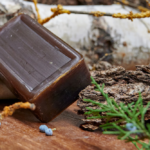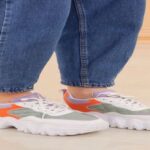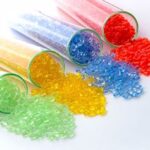What is Muslin Fabric?
How is Muslin Fabric?
Does Muslin Fabric Make You Sweat?
Muslin Fabric’s Features
Muslin Fabric’s Usage Areas
Is Muslin Fabric Flexible?
Does Muslin Fabric Shrink When Washed?
Does Muslin Fabric Keep You Warm?
Babies’ skin is very sensitive. For this reason, the fabrics used in baby clothing should also be special. Muslin fabrics, on the other hand, are known to protect babies’ skin and prevent irritation. All about muslin fabrics will be explained below.
Muslin fabric is known as a plain woven cotton fabric. These fabrics, which have a transparent, delicate and thin structure, allow the skin to breathe.
What is Muslin Fabric?
Muslin fabric, which has an anti-allergic structure, is used in baby clothing. This fabric, which absorbs liquid and does not sweat, has many different features. Muslin fabric, which has a healthy and natural structure, has an important place for the skin health of babies. These fabrics, which also protect the body temperature of babies, have a high absorbency. For this reason, muslin fabric can be used in the production of loincloth and towel.
How Is Muslin Fabric?
Muslin fabric, which allows the body to breathe, has a very delicate and transparent structure. In particular, muslin fabric, on which fine weaving is applied, can be produced in different thicknesses. This fabric, which does not sweat and does not irritate the skin, is used for newborns and babies who have not yet reached their age. Muslin fabrics, which have a very delicate structure, are known for their durable and robust structure. Muslin fabrics used in baby clothing are known for their healthy structure.
Does Muslin Fabric Make You Sweat?
Today, muslin fabric types, which are frequently used in the baby clothing industry, do not make the body sweat. Muslin fabrics, which are especially used in blankets, nursing covers, towels, swaddles, baby carriage covers and baby clothes, are also used in the production of loincloths and towels for adults. Muslin fabric is also used in baby piques.
Features
Muslin fabrics are soft and comfortable to use. This type of fabric, which allows the skin to breathe, is produced from 100 percent cotton. These muslin fabric types, which are used in babies’ bathrobes, clothes and covers, also allow the body to breathe.
Usage Areas
Muslin fabric is widely used in many areas today. These fabrics, which are especially used for babies, are frequently used in the baby clothing industry. Breastfeeding covers, blankets, swaddles and diapers for babies are generally produced from muslin fabrics. Muslin fabrics are preferred for piqué, towel and shoulder covers.
Is Muslin Fabric Flexible?
Muslin fabric types, which are 100 percent cotton and plain woven, have a very transparent and thin structure. Muslin fabric is generally woven with fine weaving. If necessary, coarse weaving can be done. In this way, slightly thicker towels and loincloths can be produced from muslin fabric.
Does Muslin Fabric Shrink When Washed?
Muslin fabric, which is among the oldest woven fabrics in the world, is used especially in the production of baby clothes thanks to its delicate and fine woven structure. Since babies’ skin is sensitive, muslin fabric is preferred. Particular attention should be paid to the cleaning of muslin fabrics made of 100 percent cotton. Since these fabrics have a delicate structure, they should be cleaned using organic cleaners that do not contain chemical bleach. Especially if it is to be washed in the washing machine, it should not be washed in very hot water. Shrinkage can be seen in muslin fabrics washed in the washing machine at high temperatures. Muslin fabrics also have the ability to dry quickly.
Does It Keep You Warm?
Muslin fabrics, which can be used comfortably in four seasons, come to the fore with their anti-allergic structure by protecting the skin of babies. The muslin fabric, which has high air permeability, does not sweat the body as it passes the air easily. With this structure, babies are dressed in clothes made of muslin fabric as underwear. These fabrics will also prevent babies from sweating, especially while sleeping.
